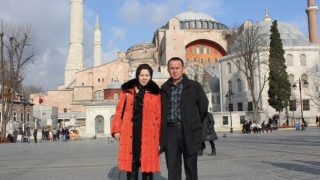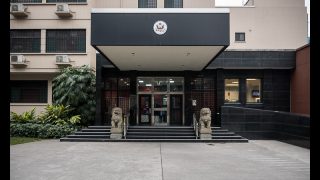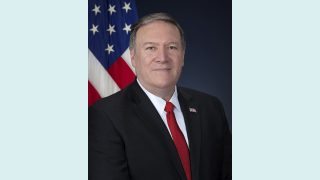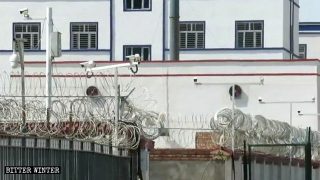The new law is a tougher version of a bill passed last September in Senate. It still needs Senate and President Trump’s approval—and a look at context.
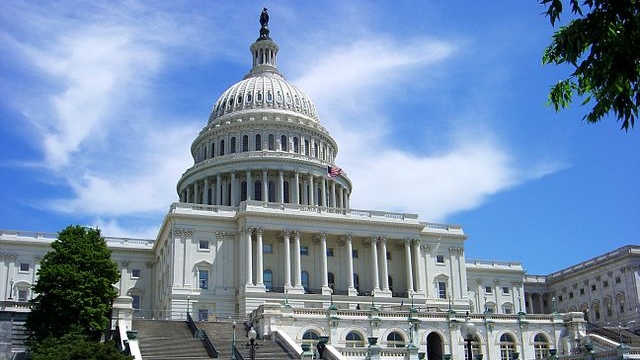
by Massimo Introvigne
On December 3, the U.S. House of Representatives passed with an overwhelming majority (407 votes in favor, only one against) the Uyghur Human Rights Policy Act of 2019. It is a stronger version of a bill passed by the U.S. Senate last September. It asks for American personal sanctions against officers responsible for detaining millions of Uyghurs in the dreaded transformation through education camps, and explicitly names Xinjiang Communist Party Secretary, Chen Quanguo, as a main offender. The bill also bans sales of US-made goods to “any State agent in Xinjiang.”
Uyghur in the diaspora have applauded the vote. It is certainly a positive development. It calls, however, for three comments. First, the bill is not yet effective. It should be voted by the Senate again, and then signed by President Donald J. Trump. We can only hope that concerns about trade with China will not derail its path.
Second, the Chinese reaction, while furious, is interesting. Originally, the CCP denied that the transformation through education camps exist at all. After media in the West (Bitter Winter was among the first) published images and other documents, they admitted the camps do indeed exist, but claimed they are simply “vocational schools.” When, again, Bitter Winter and others published footage proving they are jails rather than schools, the CCP argued they were being downsized, and many inmates sent home. This has been exposed as a lie, and in the last few weeks leaked documents have exposed the magnitude of the repression of Uyghurs and other Turkic minorities in Xinjiang.
After a futile attempt to deny the authenticity of obviously genuine documents, the CCP seems now ready to admit that the camps indeed function like jails—but it claims they are needed to keep “terrorists” and “radicals” under control.
The problem, for CCP, is that it has admitted in the past that Uyghurs and other Muslims in China accused of sympathies for terrorists organizations are a few hundreds, while inmates in the camps are several millions. This shows that the work of independent media documenting the reality of the camps creates a serious problem for the CCP. It has to continuously change its narrative, making it obvious it is lying.
The third comment is that the U.S. and the other Western countries that denounce the atrocities in Xinjiang should be both applauded and encouraged to see the Uyghur issue in a larger context. There is no religious liberty in China for Xinjiang Muslims. But there is no religiously liberty for anybody else either. Catholic conscientious objectors who refuse to join the Patriotic Catholic Church even after the Vatican-China deal of 2018, increasingly persecuted Protestant house church members, Falun Gong practitioners, dissident Buddhists, Taoists, and Hui Muslims—they all suffer. The Church of Almighty God, with more than 15,000 arrests in 2018 and 2019, is the single most persecuted religious movement. It is very good that Xinjiang Communist Party Secretary, Chen Quanguo, will be finally exposed for his crimes and sanctioned in the U.S. But there are other torturers and executioners who should also be investigated, exposed, and sanctioned.
Source: Bitter Winter
